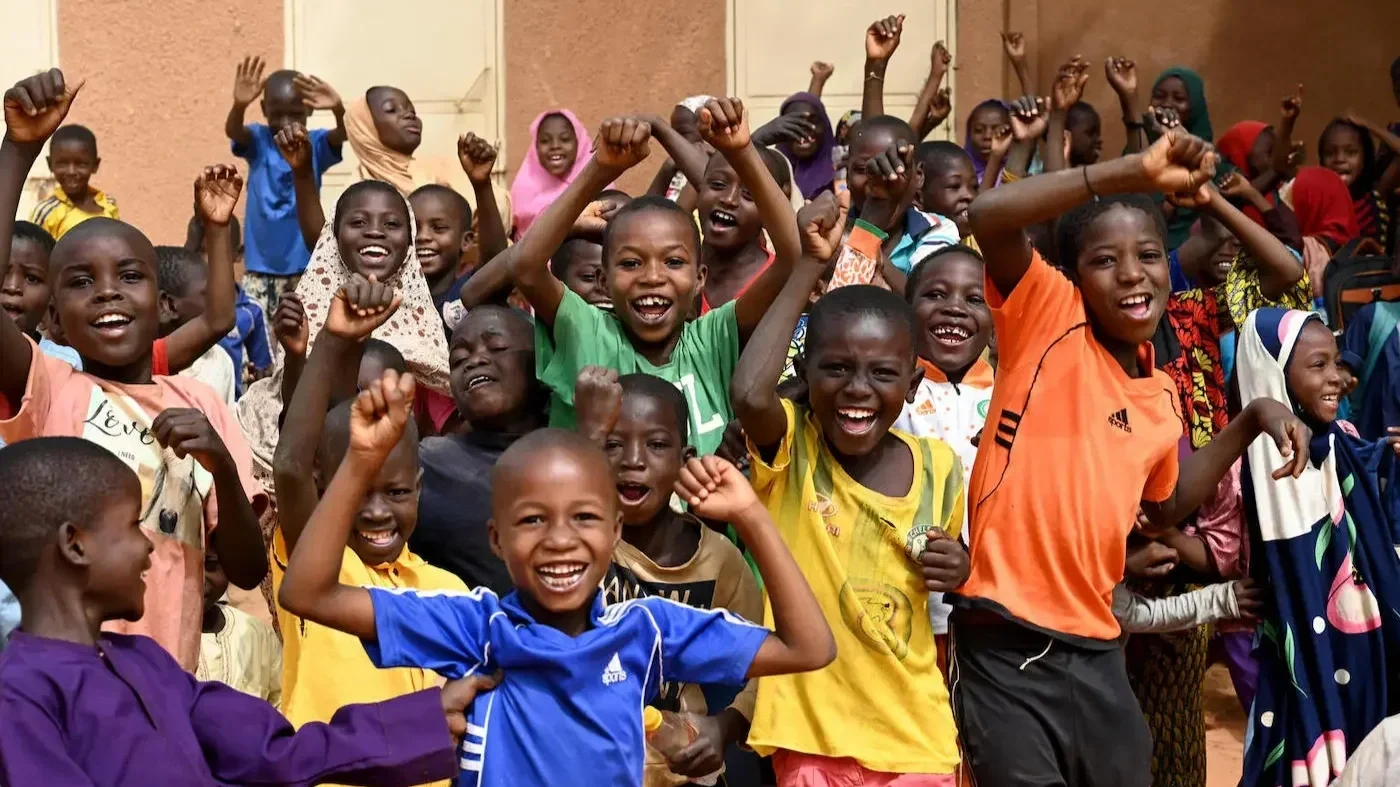Driving public demand for improved learning outcomes: A new communications toolkit
Driving public demand for improved foundational learning outcomes is key to influencing policymakers and political leaders to enact systemic changes. This has historically not been easy.
A new toolkit has been launched to address this issue, authored by Prof. Mehita Iqani at Stellenbosch University. It aims to help advocates build effective, strategic communications campaigns on foundational learning.
It outlines 5 sections with guidance for practitioners, civil society actors, government officials, and advocates around key messaging, intended audience, methods and opportunities, tactics and risks, and is available for free download.
Political will is largely shaped by public demand and opinion. Strategic and effective communication from the public is key to influencing policymakers and political leaders, and a vital part of impactful advocacy.
But driving public demand for improved foundational learning outcomes has historically been difficult, and lagged behind other issue areas or sectors, such as health.
In an attempt to tackle this challenge, a new toolkit has been developed by Stellenbosch University authored by Prof. Mehita Iqani, with support from the Gates Foundation.
The toolkit draws on research on different advocacy and communications approaches was undertaken in Kenya and South Africa. It aims to provide a framework and guidance to support those in civil society and the development sector in driving public demand for improved learning outcomes.
It makes the case that low levels of learning are the result of gaps - both deepening and ongoing - in resources, systemic inequalities and weak policy, or poor implementation of policy.
To address these gaps, strong political leadership is needed, underpinned by public demand to ensure all children acquire foundational skills by the end of primary school.
Why does this matter?
Research shows that strong foundational skills in literacy and numeracy lay the bedrock for lifelong learning. However, in many contexts, particularly in countries across sub-Saharan Africa where 9 out of 10 children cannot read for meaning by age 10, students are not learning the basics.
Ensuring widespread societal support for foundational learning is crucial to ensuring that governments and political leaders implement systemic changes that drive up early grade learning outcomes.
Improved policy, increased financing and strengthened service delivery are essential ingredients. These changes require system level change that lie with governments and policymakers, not with individuals, families and communities.
This is why ensuring that foundational learning is well understood and supported by the public is crucial to achieving political commitment to the issue.
The toolkit aims to address this by helping to shift the attention landscape in ways that will influence those in power to respond to public opinion on foundational learning, through strategic communications.
The toolkit: “Attention Shift - A Strategic Communication Toolkit for Social Justice”
The toolkit was developed through a series of consultations with media and creative industry practitioners in Kenya and South Africa to brainstorm new ways to communicate and solve the challenges facing stronger foundational learning outcomes.
The toolkit outlines five important sections to be considered when developing a communications strategy on foundational learning.
The first is audience. The toolkit identifies the importance of working with various audiences to understand the value of foundational learning, including children, parents, teachers, extended family members, and decision makers.
The second is core messaging. It outlines four main types: crisis, competence, community, future - the selection of one of these provides the substance for the core call to action or main message that people should take away.
For example, choosing core messaging to be community suggests that we are not alone - no one child, parent, teacher or family should have to shoulder the burden of succeeding at achieving high learning outcomes in a broken system.
By showing people that they are not alone, and that there are others struggling with the same challenges they are in relation to foundational learning, collective action might emerge aimed at demanding better service delivery.
The third is modes and tactics. The toolkit offers four communicative framings that shape the direction and mood of the communication campaign. These are informational, emotional, joyful and connecting.
If an emotional framing is selected, this involves humanising the data and centring social and cultural narratives and experiences. It aims to create opportunities for people to identify with each other, and recognise their shared humanity across other differences in social position or political affiliation.
The fourth is methods and opportunities. These are linked to messaging and modes, and include five ways to package the content of the campaign. The toolkit recommends packaging of evidence, human storytelling, creativity and fun, online connectivity and offline community building.
The fifth is risks. This section considers some of the pitfalls and key considerations to make when creating a campaign on foundational learning.
Overall, the toolkit provides practical guidance and suggested activities to those working on foundational learning. From creating documentaries, to working with musicians and influencers, to engaging journalists - the toolkit provides creative approaches to broadening public understanding and support for foundational learning.
It is available for download from the Stellenbosch University website and is useful for practitioners, researchers, government officials, advocates, and other actors working to improve foundational learning outcomes worldwide.


